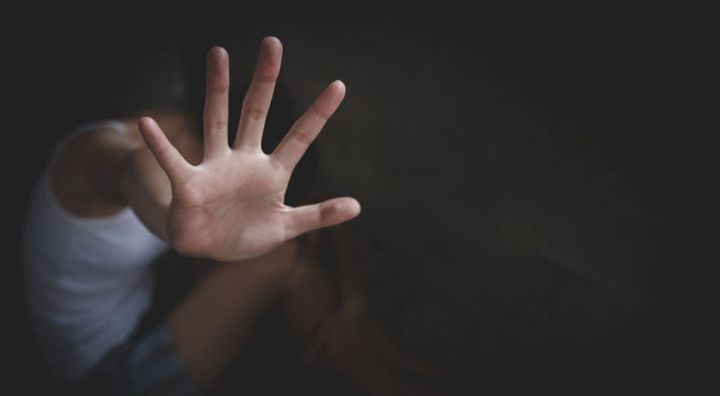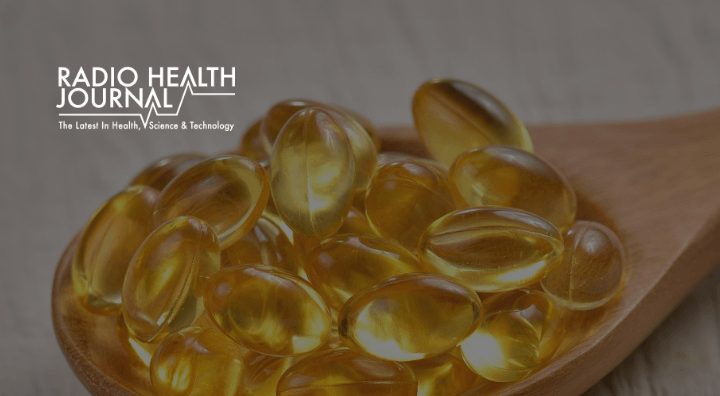Behavioral similarities between prodigies and some people with autism have long been noted. Now some researchers are beginning to find genetic links between the two phenomena. Experts discuss findings and their implications for autism treatment.
Guest Information:
- Dr. Joanne Ruthsatz, Assistant Professor of Psychology, The Ohio State University and author, The Prodigy’s Cousin: The Family Link Between Autism and Extraordinary Talent
- Dr. Jennifer Gerdts, Assistant Professor of Psychiatry and Behavioral Sciences, University of Washington and attending psychologist, Seattle Children’s Autism Center
Links for more info:
16-19 Autism and Prodigies
Nancy Benson: In the performing arts world, experts have long argued whether natural talent or dedicated practice is most important in producing a virtuoso. It’s the old “nature versus nurture” debate. But one young researcher set out to prove it’s both these things and more. She interviewed dozens of child prodigies and made an astonishing observation – one that changed the direction of her research altogether.
Ruthsatz: The very first prodigy I ever interviewed got tired of testing and he said ‘Miss Joanne, I don’t want to do this anymore,’ and so I said, ‘Well, what do you want to do?’ And he said, ‘I want to go McDonald’s’ and I said, ‘Well let me ask your mother’ and it was while we were sitting there eating our happy meals that his only maternal male cousin came in and he was severely autistic and I thought, ‘Oh what are the chances that we have a prodigy which is one in 5 million, maybe one in 10 million and a severely autistic cousin in the same family?’ So I started to think of ways to explore that in the more prodigies that I interviewed.
Benson: That’s Dr. Joanne Ruthsatz, Assistant Professor of Psychology at the Ohio State University, and author of The Prodigy’s Cousin: The Family Link Between Autism and Extraordinary Talent. As she says, true prodigies are extremely rare… Approximately one in every five to ten million people. However, a diagnosis of autism occurs in about one in 88 individuals. Ruthsatz interviewed 30 prodigies and their families and uncovered astonishing coincidences.
Ruthsatz: Over half the families had at least one member with autism, some of them had several members with autism. There are several families where there is more than one autistic individual. I would say out of 30, probably about five of the families had more than one autistic individual and when they had more than one, some of them had up to four individuals with autism. And these are close relatives- brothers or cousins or uncles.
Benson: Behaviorally, the linkage makes sense. Ruthsatz says autists, and particularly savants and prodigies share many of the same characteristics.
Ruthsatz: They are prone to exceptional memories, they both have a repetitive behavior which Ellen Winner calls ‘a rage to master,’ they both are within families where autism runs at a higher rate. So if you have one autistic child, the chances of you having a second are 5%.
Benson: However, prodigies aren’t overwhelmed by stimulation. Autistic people are.
Ruthsatz: Savants are individuals who have a spike in a certain skill, which actually mirror the same skills that the prodigy usually present in: art, music, math, and chess. But the prodigies don’t have any deficits, they don’t have social skill deficits, they don’t have communication deficits, the savants have problems with daily living. What we talk about in prodigies, like attention to detail or these unbelievable memories or anything else that the rage to master, we talk about them as strengths and talents but when we talk about the same things in autism, we talk about them as deficits. People say that individuals with autism are insensitive to other people’s emotions, I think they’re super sensitive to other people’s emotions, as my prodigies are and that it is so overwhelming to them that they shut down, but not the prodigies, they bleed benevolence.
Benson: Ruthsatz says that typically, an autism diagnosis has been based on behavioral deficits. But now she believes there may be a genetic component.
Ruthsatz: You have to have a deficit in social interactions, in language, in repetitive behaviors, you have a narrow range of interest. I think it points to that they have a genetic moderator that we found on chromosome-1 that the individuals in the family with autism and the individuals with the prodigies, they both shared a mutation on chromosome-1.
Benson: With that in mind, Ruthsatz collected DNA samples from both the prodigies and the autistic relatives has and sent them off to McGill University for Analysis.
Ruthsatz: We are looking for what I’m calling the moderator gene that allows the talent that’s associated sometimes with autism to shine through without the deficits.
Benson: If Ruthsatz’s theory is correct and the DNA of prodigies does show a so-called moderator gene, she’s hoping that a drug treatment for autism could eventually be developed to mimic the effects of this moderator gene.
Ruthsatz: Maybe if we can find the genes that the prodigies have that block that, we can develop a treatment or medicine that will also block those receptor sites.
Benson: But not all experts are convinced that Ruthsatz’s conclusions are viable, simply because there aren’t enough prodigies in the world to study. In order to prove a theory, other researchers would have to be able to replicate Ruthsatz’s results hundreds of times to be proven scientifically.
Gerdts: My understanding is that the type of analysis that was done in the prodigy and autism project, the linkage analysis. Traditionally, it would need a significantly higher number of families in order to be really confident in your results. In autism, when we did linkage analysis back in the 2000s and in the 1990s, we have samples of several hundred families. I imagine that, you know, it’s going to be really hard to find that sample of families that have prodigies and children with autism.
Benson: That’s Dr. Jennifer Gerdts, Assistant Professor of Psychiatry and Behavioral Sciences at the University of Washington, and an attending psychologist at the Seattle Children’s Autism Center.
Gerdts: Linkage analysis are more focused on families that have a certain type of disorders or a certain disease of interest to look to see how some of those genetic contributions might kind of flow amongst family members and so it requires full families to participate and the studies in autism that used linkage use several hundred families of families with multiple children affected with autism and those were done probably about ten, fifteen years ago for the most part so we have pretty large sample sizes and actually even though there were some potentially interesting findings, they were extraordinarily difficult to replicate across research groups.
Benson: However, Gerdts admits that if Ruthsatz can indeed prove a link between autism and prodigies, it could open the field for autism research in a profound way.
Gerdts: That’s actually where we’ve made, in autism, in the broader field of autism, that’s where we’ve made a lot of headway in understanding the genetic underpinnings of the disorder by looking at genetic errors or genetic abnormalities like maybe a rare mutation like maybe some change to one gene that causes the gene to not function the way that it’s supposed to. Or maybe there’s a deleted piece of genetic material or a duplicated piece of genetic material and those same mutations or deletions or duplications are found in a child with autism and the exact same one is found in their cousin that’s a child prodigy, now that’s interesting. That could potentially guide a genetic explanation perhaps for the similarity.
Benson: If you’re interested in learning more about gene research in autism or would like to participate in research studies you can find more information at bernierlab.edu. You can learn more about our guest Dr. Joanne Ruthsatz and her book, The Prodigy’s Cousin by visiting our website at radiohealthjournal.net.
Our writer this week is Polly Hansen. Our production director is Sean Waldron. I’m Nancy Benson.
Sign up to receive email updates
Enter your name and email address below and I’ll send you periodic updates about the podcast.











Leave a Reply